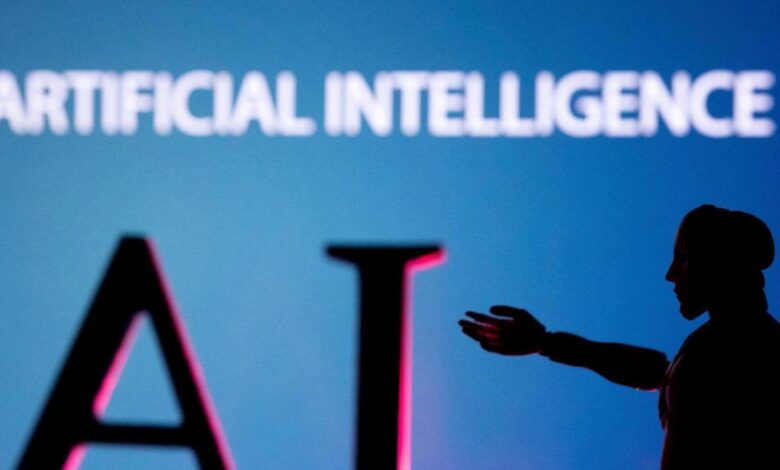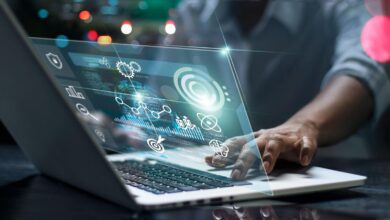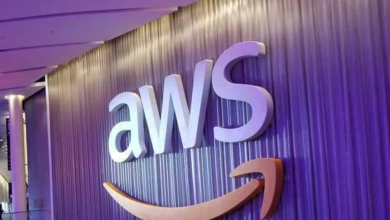Explainer: Generative AI and Personal Data – Digital Transformation News

By Krishna Sarma
What is the law on deepfake voices?
AI-powered deepfake voices have emerged as a potent tool in political campaigns, corporate espionage as well as cyber frauds. Krishna Sarma checks whether the existing laws in India
What makes deepfake voices dangerous?
RECENTLY, OPENAI SHOWCASED a new voice assistant for ChatGPT 4.0 —Sky — reminiscent of the AI character played by Scarlett Johansson in the 2013 film Her. Scarlett Johansson promptly sent legal letters to OpenAI seeking Sky to be taken down. In response, OpenAI stalled the use of Sky but denied imitating Johansson’s voice and claimed to have used authorised natural voice of another actress. Closer home in India, AI-created deepfakes of public figures have created national headlines. Actor Amitabh Bachchan
AI’s transformational potential is undoubtedly acknowledged. But there are significant risks, from the more alarmist theory that AI poses an existential threat to humanity to real societal dangers such as biases (computational statistical source bias as well as human, systemic biases), data privacy, infringement of intellectual property rights, discrimination, deepfakes, disinformation, political meddling, and national security. Generative AI, more specifically deepfakes, is not inherently bad. There can be beneficial and benign uses as well — it can aid identity protection when required, recreate crime scenes, in augmented reality in fashion retail and so on.
Currently, the traditional legal framework is being applied to Generative AI related user harms — a context that was not contemplated or imagined at the time these laws were made.
What are the constitutional provisions to prevent voice cloning?
AN INDIVIDUAL HAS a fundamental right to protect her privacy under Article 21 of the Constitution of India as held in Supreme Court
Can a person’s voice be protected under the Digital Personal Data Protection Act?
IT IS NOT clear whether ‘voice’ (recorded or cloned) will be considered as digital personal data, with the attendant explicit consent requirements for its use, under the yet to be implemented Digital Personal Data Protection Act, 2023 (DPDP Act). Personal data is defined as any data about an individual who
is identifiable by or in relation to such data. The said information, must, either directly or indirectly, be capable of identifying such an individual.
Does the Copyright Act offer any protection?
A ‘VOICE’ PER se cannot get copyright protection. However, an artist’s voice can be copyright protected as a performance right.
In several cases, the Delhi High Court
that the bouquet of legal bases for seeking protection are as follows: personality rights including right to publicity; copyright in the dialogue, image, manner of speaking; and common law rights (torts) including the right to be protected against passing off, dilution and unfair competition.
The genesis of personality and publicity rights in India primarily arises from common law principles and judicial interpretations of copyright and trademark law, rather than explicit statutory provisions.
Do we need a new law for AI-powered deepfakes?
INDIA DOES NOT have any legal or regulatory framework to specifically regulate AI and address deepfakes. The government has been mulling the need for a separate regulation for AI and is apparently considering addressing some of the risks, like deepfakes, under the proposed Digital India
The author is managing partner, Corporate Law Group, and chair, CII Sub-committee on IT & ITES



